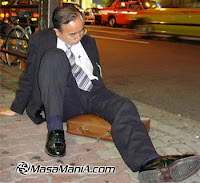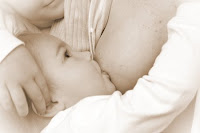 |
| V to the M#$F%# D |
You know what makes NFL football players the smartest in all professional sports? It’s their love and respect for chiropractic. That’s right! Every NFL club has its team chiropractor, and from the beginning the San Francisco 49ers have led the charge.
Who doesn’t remember Joe Montana getting adjusted before Superbowl XXIV? And Roger Craig? And Jerry Rice? Keeping in line with a long list of 49er greats, superstar tight end Vernon Davis is also a regular chiropractic client. Why, you may ask, considering that there are still a few Neanderthals that claim chiropractic is for suckers? Well in Davis’ words:
[Chiropractic] helps me to go out and perform at my very best each and every week. So that’s why I get the work done, because not only does it help, it makes it possible for me to stay healthy. I benefit by this by prolonging my career. This game is very brutal on your body–it can really tear you down. My experience with chiropractic care has taken me to a whole other level with my game, my performance on the field. I’m able to stay healthy and just play; play for a long time, and play till the end of the game.
 |
| Doesn’t ‘believe’ in chiropractic |
Yes, many other NFL greats have said the same–Emmitt Smith, Jerry Rice, Ed Reed, Maurice Jones-Drew, and even last year’s Superbowl MVP, Aaron Rodgers, whose father, Ed, is a chiropractor (booyah!)
So why are these multi-million dollar athletes choosing chiropractic to stay healthy and prolong their careers? If you don’t get it by now…man, you may as well lay down your club and fossilize.
Watch the video of Vernon Davis speaking about chiropractic:
















